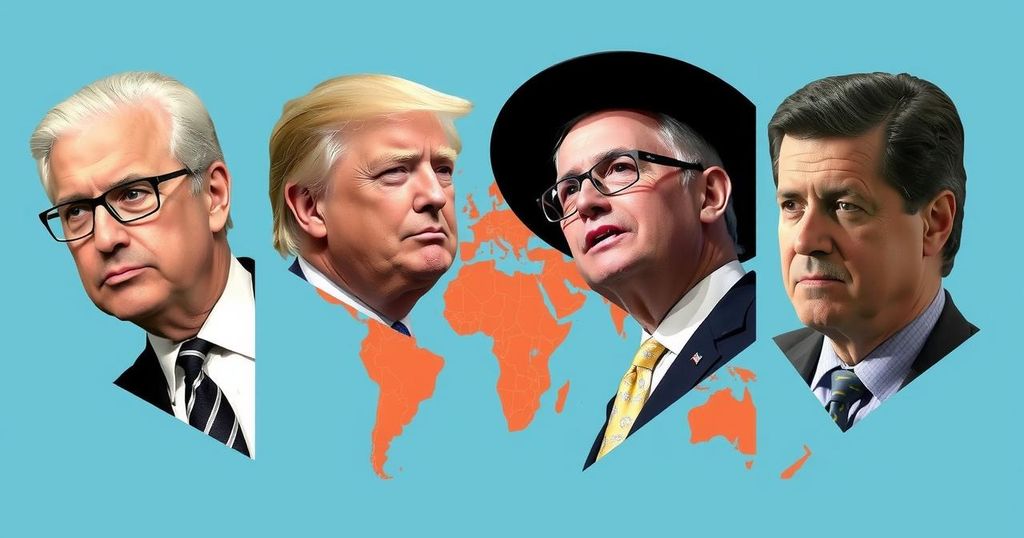The Importance of the Upcoming OAS Secretary General Election in the Americas

The upcoming election for the Secretary General of the OAS in March is pivotal, as the organization faces significant political polarization and pressing challenges, including climate change and immigration. Candidates Albert Ramdin and Rubén Ramírez Lezcano reflect differing strategies, emphasizing collaboration and U.S. relations, respectively. This election will determine how effectively the OAS can address regional issues while managing member state dynamics, and the outcome will influence future Inter-American cooperation.
The forthcoming election for the Secretary General of the Organization of American States (OAS) in March heralds significant implications for regional cooperation amidst rising political polarization and multifaceted challenges confronting the Western Hemisphere. As the OAS grapples with issues such as climate change and an immigration crisis, the leadership choice will directly influence the organization’s capacity to navigate these challenges effectively. Current candidates Albert Ramdin of Suriname and Rubén Ramírez Lezcano of Paraguay present varied priorities that reflect the complexities inherent in OAS governance.
Albert Ramdin, the current Foreign Minister from Suriname and former Deputy Secretary General of the OAS, emphasizes collaboration and dialogue within the organization. Conversely, Rubén Ramírez Lezcano aims to leverage ties with the United States, noting that American support has historically been essential in securing leadership positions at the OAS. The election comes at a time when the OAS’s role is scrutinized, particularly regarding its commitment to democracy versus its history of respecting state sovereignty. This dichotomy may complicate the candidates’ appeals to member states, especially as they seek the necessary 18 votes required for election.
In addition to the two formally announced candidates, speculation surrounds the potential candidacy of former Colombian President Ivan Duque, alongside calls from civil society for female representation in leadership roles. Qualified women candidates such as Ecuador’s Ivonne Baki and Costa Rica’s Laura Chinchilla could bring fresh perspectives. The influence of key member states, notably the U.S. and CARICOM members, will play an integral role in the election dynamics, particularly concerning strategic alliances and bloc voting.
Ultimately, the successful candidate must navigate the OAS’s unique mandate focused on security, development, human rights, and democracy in a highly polarized environment. The upcoming election will not only determine the future leadership of the OAS but will also be critical in shaping the approaches to pressing regional issues as the international landscape evolves.
The Organization of American States (OAS) serves as the primary regional entity for political cooperation among countries in the Americas. Its role has increasingly gained importance amid rising political polarization and several ongoing crises within the region, such as climate change and immigration challenges. The election of the new Secretary General presents a crucial opportunity for member states to select a leader who can effectively address both the complexities of the OAS’s mandates and the geopolitical rivalries that complicate cooperation in the region.
The election of the next Secretary General of the OAS will profoundly influence the organization’s capacity to address critical regional challenges amidst a backdrop of political polarization and competing national interests. The ability of the incoming leader to unify various member states and effectively prioritize the OAS’s four core pillars will be essential in maintaining its relevance as a key player in Inter-American affairs. As member states prepare for this pivotal election, they must consider their desired trajectory for future hemispheric cooperation while navigating an evolving geopolitical landscape, particularly with significant events like the X Summit of the Americas on the horizon.
Original Source: globalamericans.org







